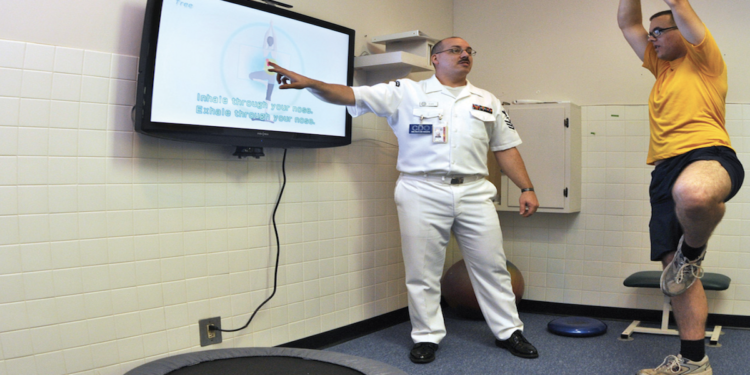Video games are bad and violent, right? Who knows how deep I might get when I shoot all these buffalos in the day when I played the Oregon Trail? Except that’s not exactly how it actually works.
Violence and video games study are much more nuanced, yet the tendency is clear: Video games have several potential therapeutic purposes. One study indicated that playing Tetris could lessen flashbacks of a stressful incident within a few hours of a traumatic occurrence.
Another study indicated that certain people with learning impairments have found that gaming performance in concentration activities has increased.
Even Grand Theft Car has its advantages. If older folks have played the game regularly, they have been able to continue to function better than non-gamers, which can make them safer drivers (a little counter-intuitive when you think about the content of the game, but OK.)
Some companies have taken therapeutic gaming to a totally new level by producing games that assist people to learn mental health coping methods. In certain instances, the research incorporated contributions from people who have a diagnosis of mental health, to make sure the game is as effective as it should be.
None of these would be a good substitute for treatment and they are not meant to be, but they could help you during sessions or if you are on a waiting list.
Here are some of the games developed to help manage depression, anxiety, and other problems of mental health:
- Depression Quest – This is an interactive fiction game where you play as a depressed person. You will receive a sequence of daily occurrences and must try to manage your disease, relationships, employment, and probable therapy. This game attempts to teach fellow depressed patients that they aren’t alone in their symptoms and to highlight the depth of what they can do for individuals who may not comprehend the illness.
- Night in the Woods – the game will allow players to acquire depression and anxiety coping abilities as they play the character Mae, a lady who came back from school to find that everything looks a bit darker and scarier.
- Hellblade: Senua’s Sacrifice – Beautiful graphics that educate psychosis coping techniques (e.g. schizophrenia) via the eyes of a Celtic warrior, Senua, who is trying to save her lover’s soul.
- Gris – a calm and graceful non-violent game showing how the main character, a young girl, eventually gets to grips with grief and loss through puzzles and skillful tasks.
- Celeste – A history-oriented video game that helps players build abilities to cope with sadness and anxiety while their own inner demons are at the battle as they try to climb a mountain.
- Sea of solitude – Kay becomes a monster as her loneliness, rage, hopelessness, and worthlessness take over. The game helps her to gain insights and abilities to rehabilitate.
These games are usually not long plays, however some feature stunning graphics. It might be worth trying if you are searching for a fresh means of improving coping skills and communicating with a character who understands your circumstances.








